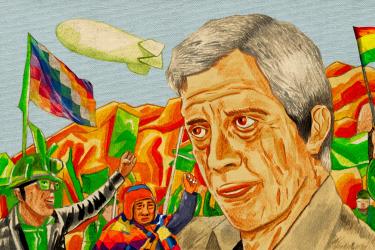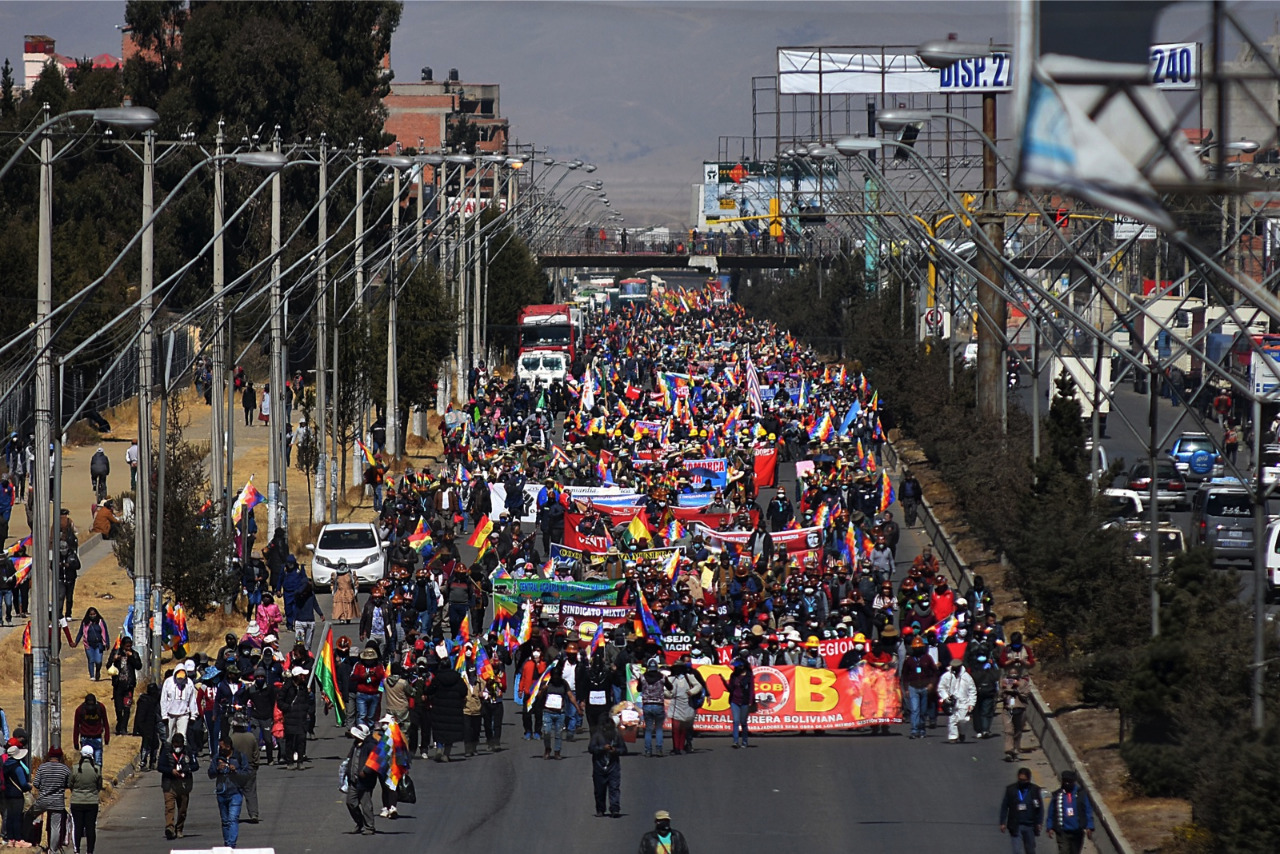Bolivia

From hope to disillusionment: Bolivia after 20 years of the Movement Towards Socialism
Linda Farthing & Benjamin Swift — Amidst bitter infighting and economic crisis, Bolivia’s left suffered a major defeat after nearly two decades of groundbreaking governance.

Applying/misapplying Gramsci’s passive revolution to Latin America
Steve Ellner — A distinction needs to be made between critical support for the Pink Tide and the passive revolution analysis that gets translated into frontal opposition to those governments.

The Latin American left amid China, the United States, late progressivism and the far right
Eric Toussaint — Claudio Katz's new book, Latin America at the Global Crossroads, concentrates on the continent’s relations with China and with US imperialism.

Álvaro García Linera: ‘In turbulent times, moderation means defeat for the left’
Álvaro García Linera discusses the current deadlock in the struggle for hegemony, the failures and horizons of progressive politics in Latin America, and the growth and limitations of the right.
Bolivia’s perfect storm: Pandemic, economic crisis, repressive coup regime

Introduction by Richard Fidler
Pablo Solon on ‘Vivir Bien’: Going beyond capitalism?

Bolivia VP Alvaro Garcia Linera on the ebbing Latin American tide

Bolivia’s ‘process of change’ needs a change in course – Pablo Solón

After vice-minister beaten to death by miners, Bolivia reflects



